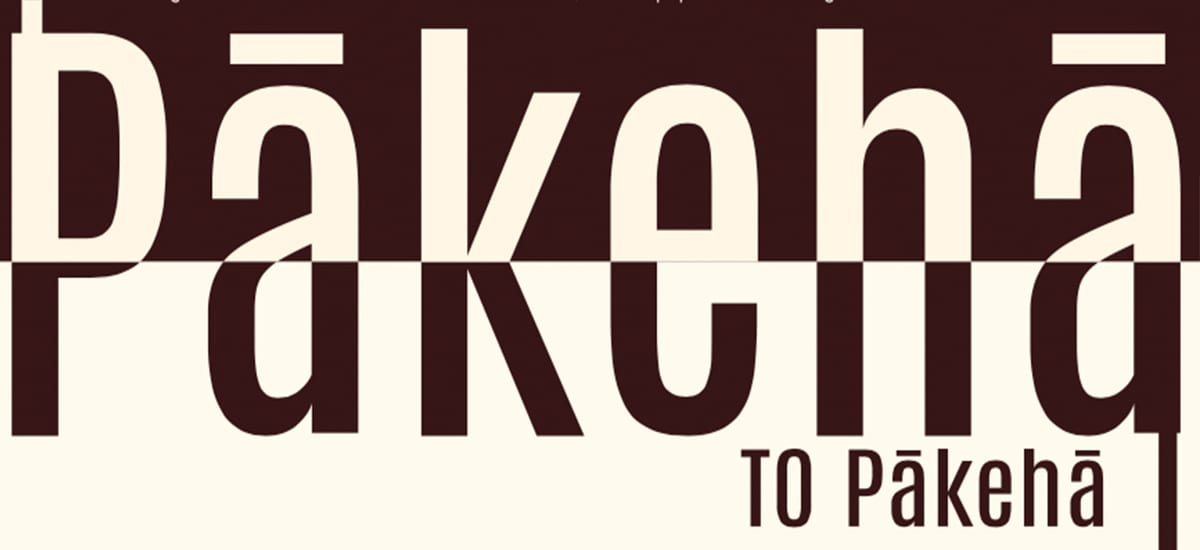
In these last few years on my quest of Pākehā identity there are two guiding thoughts by which I have been stirred and spurred on. At first glance, it might appear that the following quotes contradict each other, but I’ve found that they weave together helpfully.
In recognising that the Tiriti is the only “lawful authority for the Pākehā presence in this part of the South Pacific,” we Pākehā might respond to Whaea Maata’s challenge by leaning into things Māori. We might attend reo Māori classes, and when we do, we quickly learn that, “whakapapa binds all things. It maps relationships so that mythology, legend, history, knowledge, tikanga (custom), philosophies and spiritualities are organised, preserved and transmitted from one generation to the next.”
As Pākehā, we are prompted with an opportunity, inspired by a desire for memory of who we are, memory of our own whakapapa.
When seeking to operate beyond cultural appropriation, that is, on the other side of using pepeha merely as a way to express personal affection for a maunga we grew up in proximity of, there is waiting for us deep heart, head, and body work. Asking, who am I? Who was I before I was socially conditioned as white? What is my ethnic identity? How am I here? What is the narrative of my being here? How does that inform my understanding of self, and my responsibility to the world around me?
In sitting with the second quote, we search for an action point and realise that to deconstruct ‘whiteness’ we need to be able to see it. The unspokeness of Pākehātanga is the ideology of whiteness at play in Aotearoa. To add to the case for considering and seeing whiteness in Aotearoa, Robert Bartholomew teaches us in, No Maori Allowed, that in 1925, racially segregated Pukekohe was the seat of the headquarters of the White New Zealand League. It seems Pākehā have been understanding our identity in terms of whiteness for longer than we collectively remember.
Indeed, the dominance that our political ancestors set up for us is the very water we are swimming in. For fish it’s hard to see the water. When we call our dominance “normal, neutral, the natural order of the world,” then anything that is not our dominance; the adding of a few reo Māori sentences in the news, for example; anything ‘other’ feels instead like the dominator.
May this new year, marked by Matariki, be one in which we learn to see whiteness in Aotearoa, so that we can deconstruct it. May we have the emotional resilience to wrestle with our whakapapa, with our being here, that we might be good Treaty Partners, also advocating for Tiriti-reverant justice on this land.